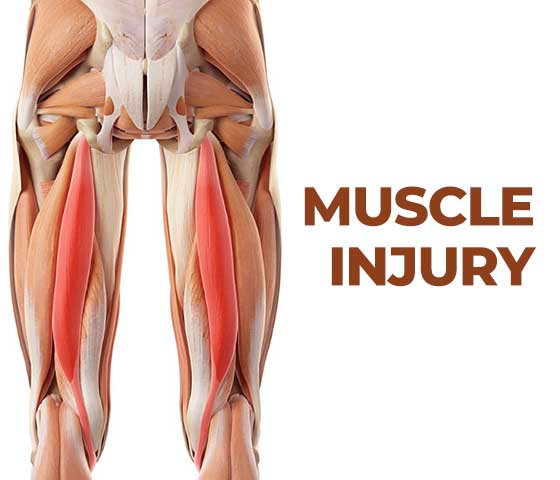Muscle injuries, also known as muscle strains or pulls, are common injuries that occur when muscle fibers are overstretched or torn. They can happen in any muscle but are most frequent in the lower back, neck, shoulder and hamstring. Quite common, especially in individuals who play sports, but even so, a large proportion of them seek solutions that are often not ideal.
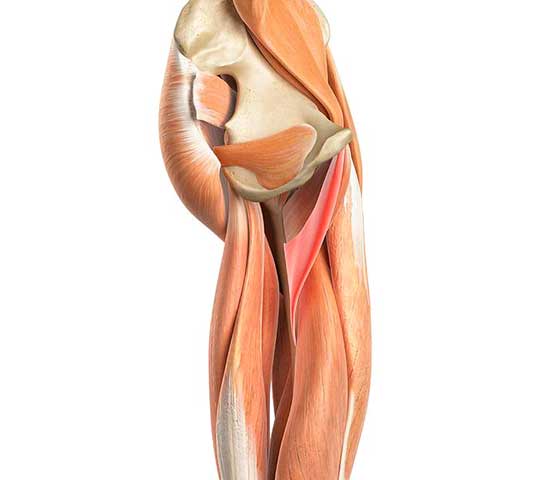
Depending on the degree of injury (grade I), rest and withdrawal from sport may even be enough, but from grade II onwards, where there is pain, edema, hematoma and loss of function, if there is no adequate treatmen, the healing of the new tissue becomes disorganized, non-functional, and can even lead to an increase in the injury.
It is important to understand that this condition is complex and, therefore, requires personalized treatment and can only be guided by a specialized physiotherapist. If you are suffering with pain, consider coming to talk with us At Revolve Physiotherapy in Milton. Certainly, we will provide the most accurate injury diagnosis and treatment.
Types of Muscle Injuries:
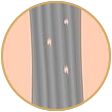
Grade I (Mild) Strain: A few muscle fibers are damaged. Mild pain and tenderness, but no significant loss of strength or movement. A few days to a couple of weeks.
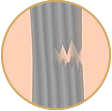
Grade II (Moderate) Strain: A larger number of muscle fibers are damaged. More intense pain, swelling, and some loss of strength and movement. Several weeks to a few months.
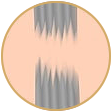
Grade III (Severe) Strain: The muscle is torn all the way through. Severe pain, swelling, complete loss of muscle function, and often a palpable gap in the muscle. Several months, often requiring surgery and rehabilitation.
Rehabilitation Phases:
Acute Phase (0-72 hours): Focus on protecting the injury, reducing pain and inflammation (Rest, Ice, Compression, Elevation – RICE).
Subacute Phase (3 days to 3 weeks): Gentle movements and controlled activities to regain mobility.
Rehabilitation Phase (3 weeks to several months): Progressive strengthening and conditioning exercises.
Return to Activity Phase: Specific training to ensure a safe return to normal activities or sports.
Treatment for muscle injuries is long and usually lasts months. Muscle strains treatment may include:
Rest and Ice: Initial rest and application of ice to reduce inflammation and pain.
Heat Therapy: Used later to increase blood flow and promote healing.
Manual Therapy: Techniques like massage, mobilization, and manipulation to reduce pain and improve mobility.
Electrical Stimulation: TENS (Transcutaneous Electrical Nerve Stimulation) to reduce pain and promote muscle activation.
Ultrasound Therapy: Uses sound waves to promote tissue healing.
Exercise Therapy: Tailored exercises to restore strength, flexibility, and endurance. Stretching: To improve flexibility and range of motion. Strengthening: Focused on the injured muscle and surrounding muscles. Balance and Proprioception: Exercises to improve coordination and prevent future injuries.
Kinesiology Taping: Provides support and stability to muscles and joints without restricting movement.
After these steps, it will be important to continue monitoring progress and adjusting the treatment plan as needed. Also, sddressing any setbacks or new issues promptly. Understanding muscle injuries and their management can help prevent long-term damage and facilitate quicker recovery.
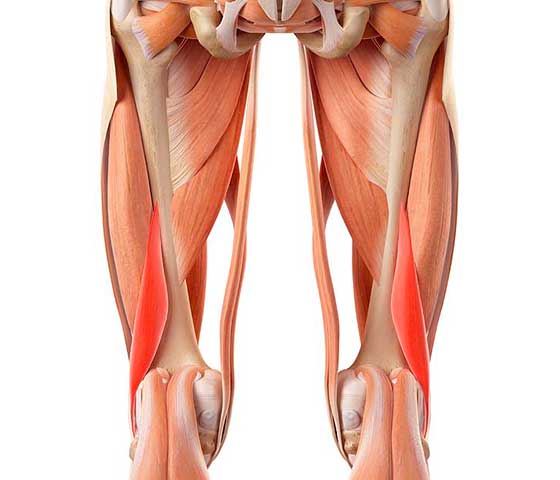
Physiotherapy is integral to the effective recovery from muscle injuries, helping patients return to their normal activities safely and efficiently. If in doubt, seeking professional medical advice is always recommended.
Muscle injuries treatment in Milton. Meet the best team at Revolve Phisiotherapy. Call us now (905) 864.8181 and talk to one of ours specialist.
